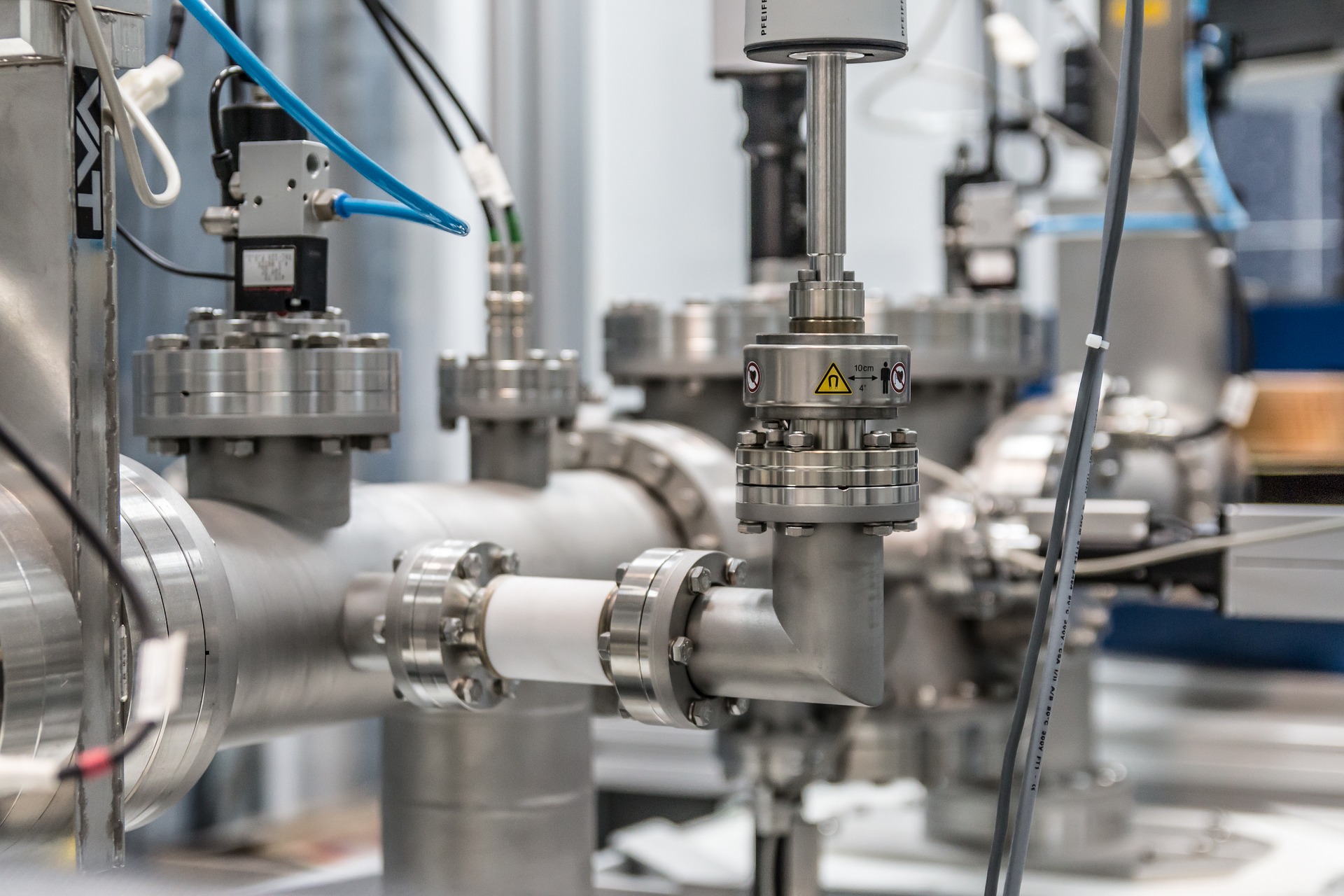
In this article we consider the different types of boiler systems and which is best for large public sector organisations, particularly concerning price, reliability and operating costs over the long term.
Commercial Boiler Types
Commonly installed in commercial and public buildings, most low-temperature hot water (LTHW) boilers burn natural gas. However, some types use central heating (mineral) oil, specifically 28-second kerosene. Liquid petroleum gas (LPG) and bio-oils are other options where there is no mains gas supply. In addition, dual fuel boilers can use gas and either oil or industrial biomass.
Notably, apart from being more costly to run, oil and LPG boilers produce higher atmospheric emissions – a significant point considering the current aim to reduce carbon dioxide output by 80% before 2050. In contrast, biomass boilers can burn wood, fuel crops or organic waste. An increasingly popular choice, their net production of carbon dioxide is relatively low, although the initial price tag is higher than for boilers that burn fossil fuels.
Boiler System Costs
When considering heating systems for public sector buildings, one should consider both the initial outlay (i.e. capital) and the operating costs. Atmospheric boilers are cheaper but are set to become obsolescent due to their poor energy efficiency. In combination, the energy-related products (ErP) directive and Building Regulations Part L 2013 will shortly do away with atmospheric boilers in new construction projects and, later, existing buildings.
In contrast, energy-efficient, environmentally friendly and highly reliable condensing boilers look set to become more common, even though their purchase and installation costs are higher. Gas consumption and carbon emissions are as much as 35% lower and, despite the initial higher outlay for a sizeable example, savings of more than £200,000 (approximately £8,000 per annum) could well be possible over a reasonable service life.
Furthermore, integrating renewable energy products such as biomass boilers or combined heat and power plants should deliver additional savings.
Boiler Advice & Support
At Lowe & Oliver we offer nationwide contracting support for heritage, ecclesiastical, commercial and public buildings. From the design and installation of heating and plumbing systems to their maintenance, our clients can count on expert advice. If you are looking for recommendations to modernise facilities while saving energy and reducing carbon emissions, let us help.
Our Gas Safe certification and membership of the Joint Industry Board for the Electrical Contracting Industry assures you of the highest quality components and standards of work.
Efficient Solutions
To ensure the most efficient solution to meet the heating and hot water requirements of any project, our sister company Alto Energy specialises in high-performance ground and air source heat pumps. Naturally, full-service maintenance plans are available for all installations, including planned preventative maintenance to keep systems working at peak efficiency for longer, while spreading costs. As a leading contractor for renewable technology installations, solar panels and heat pumps, we invite you to call us today to discover how we can help you with your requirements.
Image Source: pixabay.com




